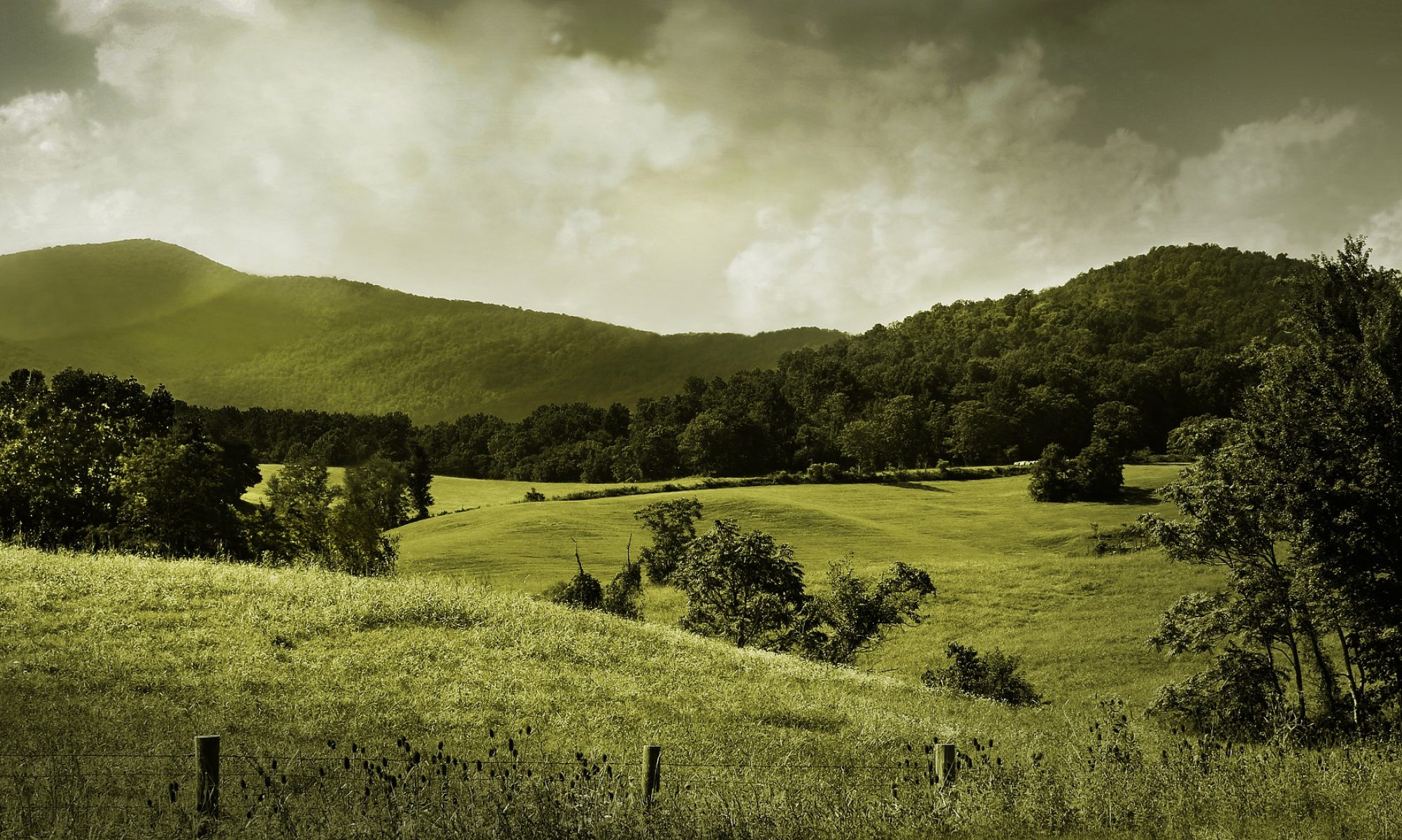Virginia Laws
There are a large number of laws in Virginia that pertain to the way in which wildlife can be dealt with. This code is reflected in the regulations that are put in place by the Virginia Department of Game and Inland Fisheries. Laws and regulations can change from year to year and so it is important to refer to different documentation before undertaking any efforts to interact with wildlife species. Current regulations can be found on the Virginia Department of Game and Inland Fisheries website. Regulations outline when, where and under what conditions wildlife may be taken. For example, some nuisance species in Virginia can be taken during any time of the year, with no limits; while others are subject to restricted take during certain seasons.
According to §§29.100: “Nuisance species” means blackbirds, coyotes, crows, cowbirds, feral swine, grackles, English sparrows, starlings, or those species designated as such by regulations of the Board, and those species found committing or about to commit depredation upon ornamental or shade trees, agricultural crops, wildlife, livestock or other property or when concentrated in numbers and manners as to constitute a health hazard or other nuisance. However, the term nuisance does not include (i) animals designated as endangered or threatened pursuant to §§ 29.1-563, 29.1-564, and 29.1-566, (ii) animals classified as game or fur-bearing animals, and (iii) those species protected by state or federal law. Nuisance species in code or regulation in Virginia are: house mouse, Norway rat, black rat, coyote, groundhog, nutria, feral hog, European starling, English sparrow, mute swan, and pigeon (rock dove).
There are some general guidelines that should be observed as they relate to wildlife with which people may have a conflict. In particular, it is important to be aware that any species captured in Virginia can not be relocated to a different area without prior authorization by a VDGIF Conservation Police Officer (CPO). CPOs can also issue kill permits for landowners who have experienced verified damage. There are many different exceptions, restrictions and “gray areas” that should be considered, including local ordinances that should be checked. Additionally, any use of chemicals should be in accordance with state and local guidelines.
Specific Virginia code relating to wildlife is as follows:
- 29.1-100. Definitions.
- §§ 29.1-511. Open season on nuisance species.
- § 29.1-512. Closed season on other species.
- § 29.1-515. Migratory game birds.
- §29.1-516. Game animals.
- § 29.1-517. Fur-bearing animals.
- § 29.1-518. When killing of beaver permitted.
- § 29.1-521. Unlawful to hunt, trap, possess, sell or transport wild birds and wild animals except as permitted; exception; penalty.
- § 29.1-529. Killing of deer or bear damaging fruit trees, crops, livestock, or personal property or creating a hazard to aircraft or motor vehicles.
- § 29.1-530. Open and closed season for trapping, bag limits, etc.
- § 29.1-564. Taking, transportation, sale, etc., of endangered species prohibited.
- 4VAC15-20-160. Nuisance species designated.
- 4VAC15-30-50. Possession, transportation, and release of wildlife by authorized persons.
- 4VAC15-40-50. Poisoning of wild birds and wild animals prohibited; certain control programs excepted.
- 4VAC15-40-240. Animal population control.
- 4VAC15-50-100. Trapping prohibited.
- 4VAC15-60-20. Open season for trapping.
- 4VAC15-210-51. Open season for trapping.
- 4VAC15-220-10. Continuous open season for taking striped skunks.
- 4VAC15-220-20. Taking of spotted skunks.
- 4VAC15-260-30. Violation of federal law or regulation pertaining to migratory game birds.
Federal laws pertain to migratory birds and endangered species. These species are managed by the United States Fish and Wildlife Service. The Endangered Species Act pertains to endangered species, while the Migratory Bird Treaty Act pertains to birds. For more information regarding these acts or federally managed wildlife contact your local Fish and Wildlife Service-Ecological Services field office.

